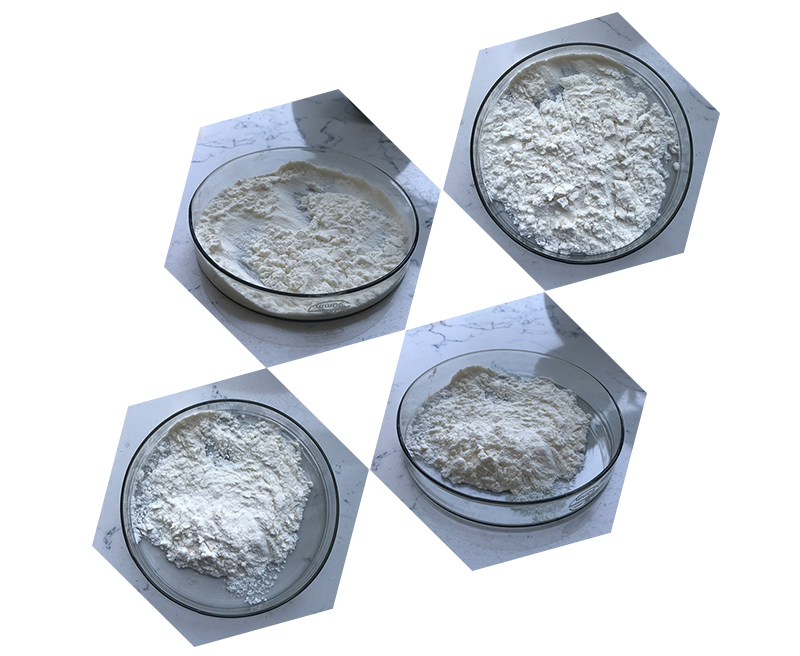Magnesium Ascorbyl Phosphate (MAP) is a stable and water-soluble derivative of vitamin C (ascorbic acid) commonly used in skincare products. Like all skincare ingredients, it has its pros and cons:
Pros of Magnesium Ascorbyl Phosphate:
- Antioxidant Properties: Magnesium Ascorbyl Phosphate, like other vitamin C derivatives, possesses antioxidant properties. It helps protect the skin from damage caused by free radicals and UV radiation, reducing the signs of premature aging.
- Skin Brightening: Magnesium Ascorbyl Phosphate can help brighten the skin by inhibiting melanin production, which can help reduce the appearance of hyperpigmentation and age spots.
- Collagen Production: It can stimulate collagen production in the skin, which is essential for maintaining skin elasticity and reducing the appearance of fine lines and wrinkles.
- Stability: Unlike pure ascorbic acid, Magnesium Ascorbyl Phosphate is more stable and less prone to oxidation when exposed to light and air. This makes it a more reliable option for skincare formulations.
- Gentle on the Skin: Magnesium Ascorbyl Phosphate is considered gentler on the skin compared to pure ascorbic acid, making it suitable for those with sensitive skin who might experience irritation with higher concentrations of vitamin C.
- Hydration: Magnesium Ascorbyl Phosphate is often found in hydrating skincare products, as it can help retain moisture in the skin, leading to a plumper and more youthful complexion.

Cons of Magnesium Ascorbyl Phosphate:
- Lower Potency: Magnesium Ascorbyl Phosphate is not as potent as pure ascorbic acid. If you’re looking for quick and dramatic results, a higher concentration of vitamin C may be more effective.
- Slower Results: It may take longer to see visible improvements in skin tone and texture compared to products containing higher concentrations of vitamin C.
- Price: Quality skincare products containing Magnesium Ascorbyl Phosphate can be expensive, which may not be suitable for those on a tight budget.
- Limited Research: While there is some scientific evidence supporting the benefits of Magnesium Ascorbyl Phosphate, it may not be as extensively researched as pure ascorbic acid in terms of its effects on the skin.
- pH Sensitivity: Magnesium Ascorbyl Phosphate works best in a slightly acidic environment, and the pH of the product it’s used in can affect its efficacy. Make sure the product you’re using has an appropriate pH level for MAP to be effective.
- Formulation Variability: The effectiveness of Magnesium Ascorbyl Phosphate can vary depending on the formulation of the skincare product. It’s essential to choose a product with a reputable brand that uses effective concentrations and stable formulations.

In summary, Magnesium Ascorbyl Phosphate is a promising skincare ingredient with several benefits, particularly for those with sensitive skin or those seeking a milder form of vitamin C. However, it may not provide the same rapid and dramatic results as higher concentrations of pure ascorbic acid, and its effectiveness can vary depending on the product’s formulation. As with any skincare product, individual results may vary, so it’s essential to choose products based on your specific skin needs and concerns.
